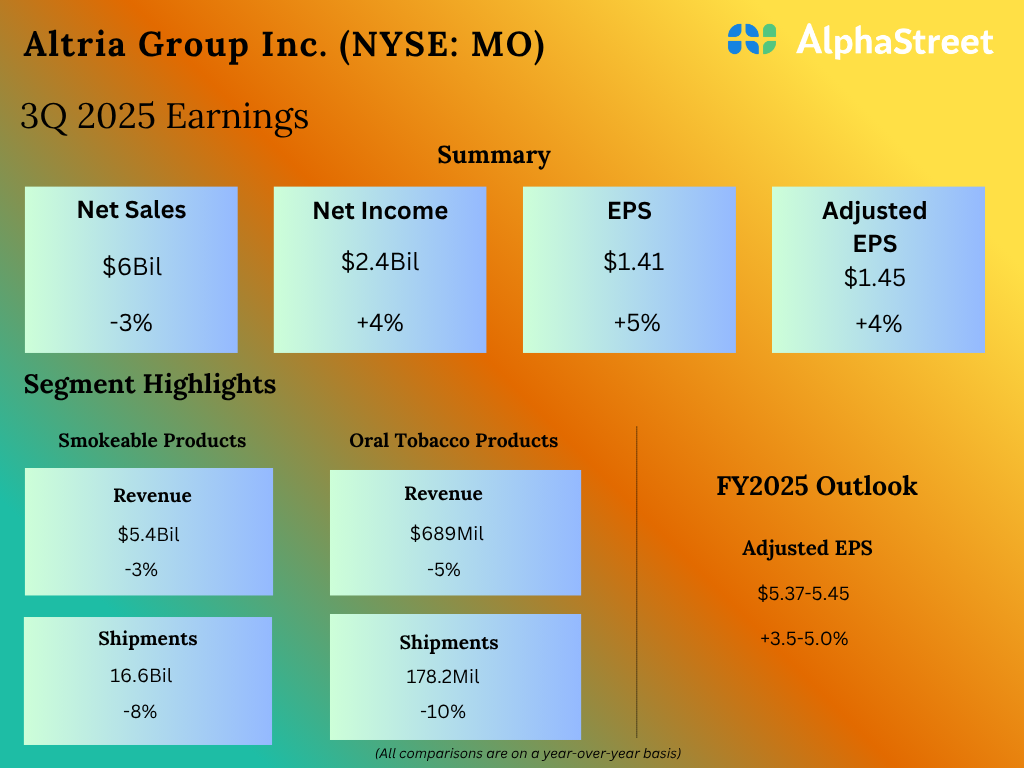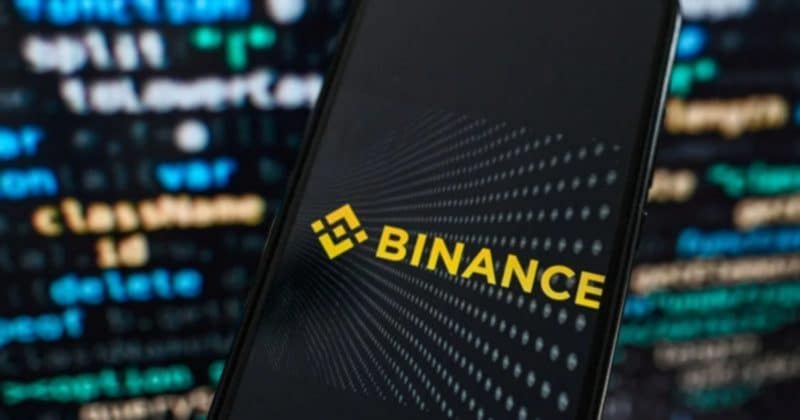The Rapid Support Forces (RSF), one of Sudan’s warring parties, have taken over El Fasher, a city in Darfur, western Sudan. This city is the largest in the region, and its capture signals the RSF’s control over this gold-rich area. Gold is one of the two key elements to understanding Sudan’s conflict. The other is Port Sudan, located on the Red Sea coast. There, the geopolitical ambitions of foreign interests in the country intersect.
As the RSF took over El Fasher, which had been under siege for almost 18 months, horrific footage of civilian massacres emerged. The RSF claims to be “cleaning” the city of collaborators with the rival force, the Sudanese Armed Forces (SAF). But there is a strong ethnic and racial component to the killings. Those supporting SAF in El Fasher through the Tasis coalition were predominantly non-“Arabized” Sudanese.
The RSF was built upon the Janjaweed militias, a paramilitary group created by Sudan’s deposed president Omar al-Bashir. The main purpose was to protect him by counterbalancing the power of the army and avoiding the fate of most of his predecessors, including the prime minister he deposed through a coup in 1989. The Janjaweed participated hand-in-hand with the SAF, under the command of Abdel Fattah al-Burhan, in the Darfur genocide between 2003–2005, under the auspices of al-Bashir.
The genocide killed an estimated 200,000 people during the Darfur War. The genocide was part of the war, but it had an added component: it was the killing of people because they belonged to the Fur, Masalit, and Zaghawa tribes, and Khartoum held them responsible for secessionist claims. These are Sudanese tribes that are not “Arabized.” The government had a racial policy against populations it considered more “African,” and the SAF and RSF used racially motivated killings as punishment during the Darfur War.
Current events in Darfur might be read as a continuation of the Darfur War because the war morphed from a struggle for autonomy into one over gold. The war was initiated by a secessionist movement with similar claims to those of South Sudan, which gained independence from Sudan in 2011. Around that same time (2010–2011), a significant gold deposit was found in North Darfur. This was critical because Sudan had lost 75% of its oil reserves and 95% of its foreign exchange, which had been coming from the oil reserves in the south.
Until 2010, gold was of minor importance in Sudan’s economy, which largely depended on oil exports (mainly to China) and agriculture. Oil was what kept the machinery of the Sudanese state—and the presidency of al-Bashir—running. With the loss of oil revenue and soaring gold prices, the mineral became a viable substitute for income, and al-Bashir moved to centralize and control gold production, founding the Sudan Gold Refinery in 2012. That same year, gold constituted 60% of Sudan’s exports.
North Darfur had, until that time, been a peripheral region of minor importance to Khartoum. The discovery of gold was made by artisanal miners. With gold becoming of strategic importance, al-Bashir sent the Janjaweed militia to assert control after the government failed to gain control over gold production. By 2017, the entire gold production was controlled by the Janjaweed—now legitimized and renamed RSF by the president—under its leader Mohamed Hamdan Dagalo (Hemedti) and processed by his family company, Al-Gunade.
While al-Bashir used the RSF to gain control over gold in Darfur, he put other mines under the control of the SAF, mainly in the Red Sea, Northern, River Nile, and South Kordofan states. The regions under SAF control were where the most developed mines were, while the region under RSF control relied mostly on artisanal production. In 2022, before the war, gold production in Sudan totaled 87 tonnes, most of which ended up in the United Arab Emirates (UAE).
Al-Bashir tolerated artisanal gold mining but failed to bring its revenues under control. His push to tighten central control over local output fed the grievances driving the December Revolution. In 2018, he doubled the gold tax, sparking miners’ protests and intensifying his rift with Hemedti. Those pressures further poisoned relations with Hemedti, who ultimately joined the military coalition led by General al-Burhan that removed al-Bashir in April 2019 and formed a transitional government.
In 2020, the transitional government led by Abdalla Hamdok brought the Jebel Amer mines under state ownership through a high-profile deal: $200 million in compensation to Al-Gunade (owned by Hemedti’s brother) and a 33% stake in the state-linked miner Sudamin for the Dagalo family. The government also created the Empowerment Removal Committee to roll back the military-political grip on the economy—which ultimately became a significant factor behind the 2021 coup that ousted Hamdok.
Hemedti was initially behind removing Hamdok but allegedly disagreed with al-Burhan on the timing of the integration of forces into a combined army, which, importantly, also determined who controlled the gold production. There are also allegations that the U.S. might have been behind the push that led to the confrontation amongst al-Burhan and Hemedti. Al-Burhan led a negotiation with Russia to concede a naval base on Sudan’s Red Sea coast. The U.S. intervened to avoid it but failed, and it warned Sudan of “consequences”.
In April 2022 the RSF began deploying around Khartoum and clashes started. A month later and with Al-Burhan under siege, the RSF seized the Sudan Gold Refinery in Khartoum, which held 1.6 tonnes of gold and other unrefined stocks valued at $150.5 million. RSF reclaimed the Jebel Amer mines, expanded into the gold-rich areas of South Kordofan and South Darfur. Despite a decline at Jebel Amer, RSF-held production was estimated at 10 tonnes in 2024 (about $860 million), offset by new sites in North Darfur. Most of this gold still goes to the UAE, which many consider to be RSF’s main backer, but which the UAE denies.
The UAE is also a destination of SAF’s gold. Since the war began, roughly 60% of gold from Northern, River Nile, and Red Sea states is believed to move informally to Egypt, though much ends up in the UAE. SAF also uses gold to pay for its weapons supplies.
Seeking to revive industrial mining in the northeast as well as to gain international support, the al-Burhan faction has courted Russian and Chinese investors; a Russian delegation in May 2024 secured a major exploration concession and central-bank arrangements to settle in roubles, facilitating Sudanese purchases of Russian arms.
Russia initially supported the RSF through the defunct Wagner Group, exchanging gold for Libyan oil and weapons. It is unclear whether this was sanctioned by Moscow, but with the loss of leverage in Syria, Russia took a more official stand in support of the SAF, looking to build a naval base in the Red Sea. In 2024, Russia accounted for half of the country’s oil imports to SAF. In 2025, SAF agreed to allow a Russian naval base.
Iran also sought a naval base on the country’s Red Sea coast, which would have complemented Yemen’s position and given Iran greater control over this crucial transport route. Another reason for Iran to side with the SAF is that RSF sent fighters to Yemen to fight on the side of the Saudis against the Houthis.
China also has an interest in Port Sudan, where it built a $140 million harbor. Though it has not taken an official side, according to Bloomberg it is in talks with SAF to invest in a new oil refinery and to rebuild the country’s largest slaughterhouse. It is supposedly also negotiating to sell advanced aircraft.
A port on the Red Sea is a prized possession and a key stronghold of the SAF, which has moved its headquarters there from Khartoum. Port Sudan is the main trading point for the country with the rest of the world via shipping. That is also one of the reasons why Saudi Arabia, which has historical and large investments in the country, especially in food production, is tacitly siding with SAF but trying to act as a broker between the two.
There are other players, Türkiye and Egypt amongst them. They both support SAF as they stand for a strong central government to keep the country together. However, that is one of the main issues in this conflict. None of the parties involved can claim legitimacy, since they were all together in deposing al-Bashir, promised a transitional period towards a civilian government, and then reversed course. They fell out over resource control, not ideology.
Ultimately, the conflict in Sudan reflects the failure of the nation-state system inherited from Western colonies. A state presupposes a somewhat homogeneous group of people that embodies the nation and upon which to claim the abstract concept of will to representation that legitimizes the state. The legislative power of the state is only useful when others accept it as the legitimate source of law. This was not the case of the post-independence Sudan, proof of it is that there have been more than 20 coups since 1953.
Without the claim to nationhood, a centralized state stands only insofar as it can impose itself upon other legitimacy claims. Once the state is unable to do so, either economically or by monopolizing violence, competing claims to legitimacy emerge and attempt to claim the state’s resources by force. When a vacuum of power occurs, or it is provoked, others will try to fill it.
SAF presents itself as the heir to al-Bashir’s Sudanese state, using language such as “Foreign Minister of Sudan” or “central government.” But what state do they claim? The one they helped bring down. Much of the media follows this language and mistakenly presents SAF as the legitimate government. However, RSF has already established a parallel government and claims to represent the civilian state that SAF destroyed when al-Burhan led the ouster of Hamdok. At once they even claimed to be fighting extremist Islamists, referring to SAF.
In reality, either faction’s claim to legitimacy in Sudan is grounded in military force and control of resources. Both have committed heinous crimes. They will keep fighting as long as they control those resources. There is also a real possibility of further fragmentation of Sudan.



























